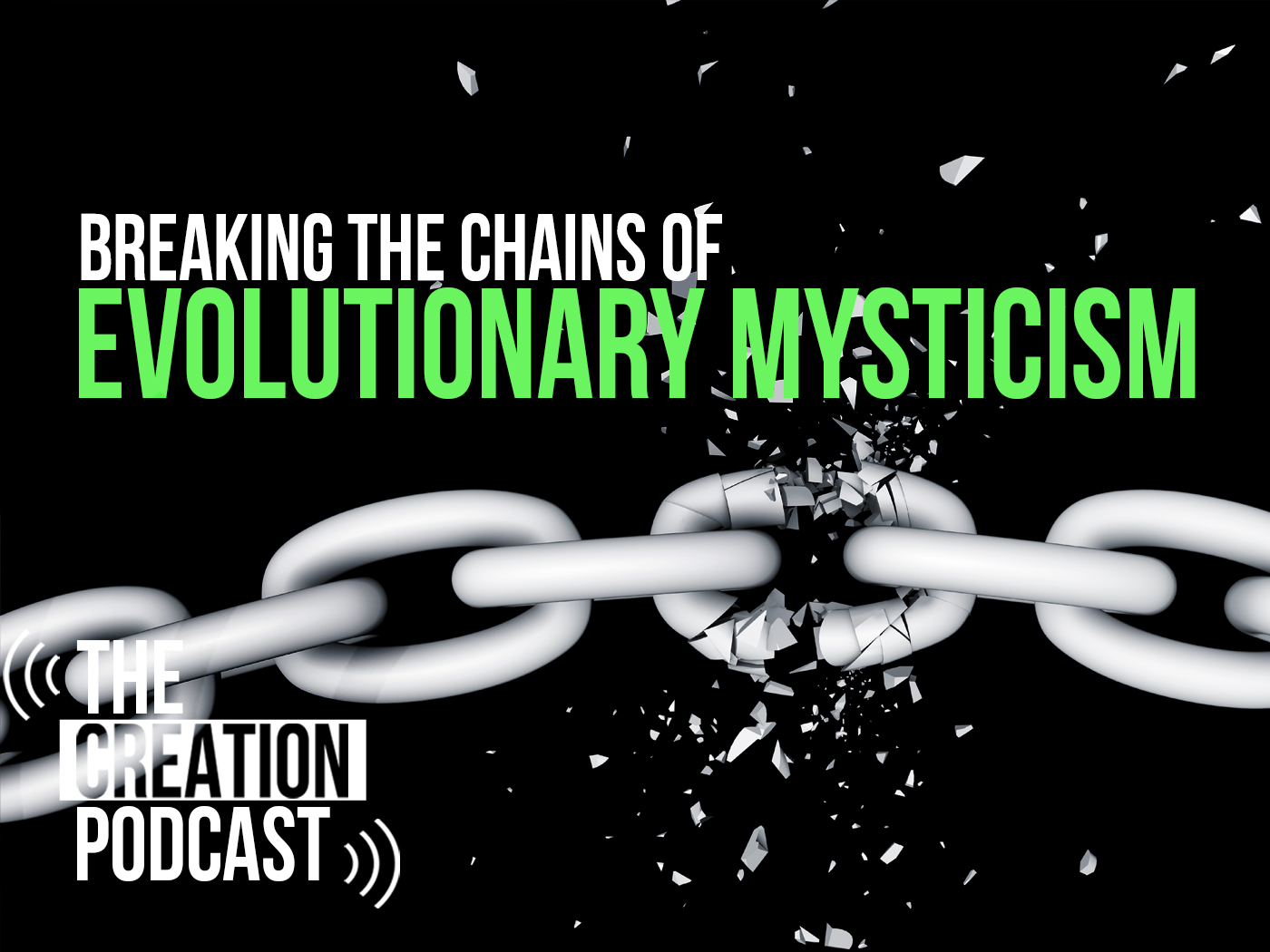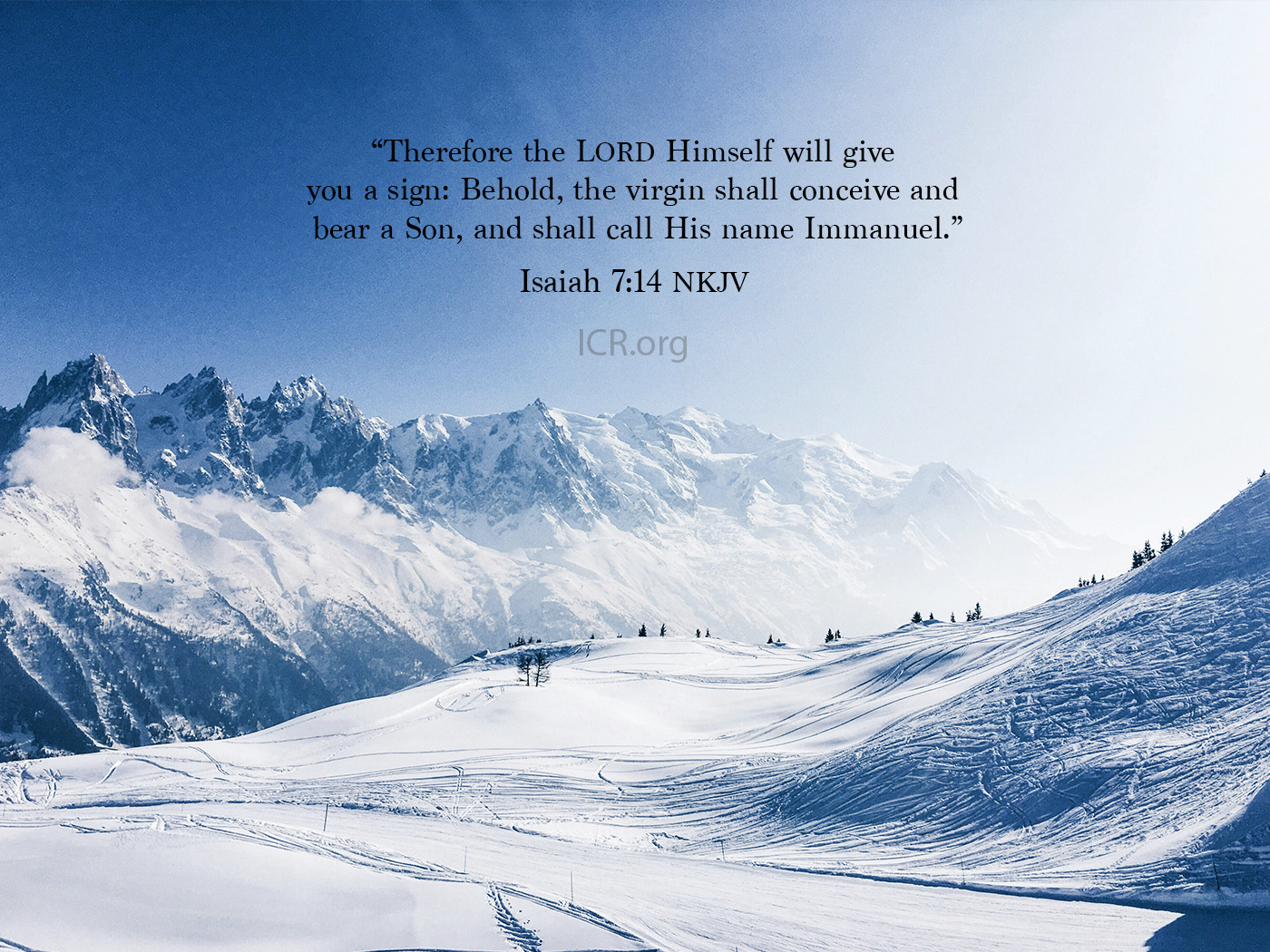There is a painting by Italian artist Guido Reni (1575–1642) of the Archangel Michael that pictures the ultimate defeat of Satan. A miniaturized sculpture of that painting stands in my office, reminding me that the “real” battle is being overseen by our Creator God, and that one day, one of His angelic captains will throw the Adversary into the bottomless pit for eternity.
No matter how well the wicked seem to be succeeding over the efforts of the righteous, ultimately they will not win! God promises that the wicked will be destroyed and punished. He also promises that the righteous will be victorious and rewarded. Both of these promises provide us with assurance of God’s victory—not only in His eternal plan, but also in and through the lives of His precious saints.
God will not forsake His beloved saints. They may seem forgotten for a season, but they are never out of His sight. (See Psalm 33:18-19; 34:15; Job 36:7; 1 Peter 3:12.) God is protecting His beloved. God does have a plan in His sovereign and eternal mind. God will work all things “together for good to them that love God, to them who are the called according to his purpose” (Romans 8:28).
Frustration is inevitable as the saints of God battle the forces of evil, for though we are certain of ultimate victory, the pain and pressure of torment are nonetheless real as the “devices” (Isaiah 32:7) of the wicked take their toll on God’s people. The Lord will reduce the plans of the wicked to naught (Psalm 33:10), but while those plans are effective, there is still much hurt.
Psalm 37 is focused on the solutions that will cure the “fretting” that comes in the heat of battle. Anger is a natural result when God’s people confront those who would dare lift up their hand against the Lord of the universe. Envy of evil’s seemingly easy success is bound to explode from the heart of the righteous saint who loves the Kingdom and is in anguish because of the triumphs of the wicked.
But if reactionary anger is not to become sin, it must not be allowed to continue (Ephesians 4:26). The cure for such negative reaction lies in the basic focus of our relationship with our Savior.
Trust is the most basic. Both the Hebrew and Greek words have the meaning of “confidence” or “boldness,” and are often used in such a way that would imply that we are to “gain support” and “lean on” the One in whom we trust. The expanded definition of trust is in Proverbs 3:5-8.
Trust in the Lord with all thine heart; and lean not unto thine own understanding. In all thy ways acknowledge him, and he shall direct thy paths. Be not wise in thine own eyes: fear the Lord, and depart from evil. It shall be health to thy navel, and marrow to thy bones.
But to merely have great confidence in the God of creation is not enough. We must “do good” (Psalm 37:3).
The entire New Testament book of James is devoted to this theme. “Faith without works is dead” (James 2:20). Jesus asked, “Why call ye me Lord, Lord, and do not the things that I say?” (Luke 6:46). “O that there were such an heart in them,” God told Moses, “that they would fear me, and keep all my commandments always, that it might be well with them, and with their children for ever” (Deuteronomy 5:29).
If we would enjoy the blessings of God, we must embrace the plan of God. If we are to expect a realization of the promise that we will “dwell” and “be fed” (Psalm 37:37), then we must submit to the instructions of our Lord who told us to “seek ye first the kingdom of God, and his righteousness; and all these things shall be added unto you” (Matthew 6:33).
When we trust the Lord to give us what we need as we “do good,” is it any wonder that He who knows all and owns all will give us “the desires” of our hearts (Psalm 37:4)? If my heart longs for the “kingdom of God and his righteousness,” why should I marvel when the King of kings grants my desires? God hates the wicked and their efforts (Psalm 5:4-5). Why should I be surprised when He answers my prayer for their overthrow?
Paul spends much of his letter to the Philippian church describing the interrelationship between the Creator Savior and the mind, heart, and lifestyle of the saint of God who has given his life over to God. “Being confident of this very thing,” Paul says, “that he which hath begun a good work in you will perform it until the day of Jesus Christ” (Philippians 1:6). And while admitting that he had not yet “attained,” Paul is so focused on the work of the Kingdom that he forgets “those things which are behind, and reaching forth unto those things which are before, I press toward the mark for the prize of the high calling of God in Christ Jesus” (Philippians 3:13-14).
Once again, the warning and command for us is to not focus on the circumstances of the apparent success of the wicked person, philosophy, or condition. We are to “rest” in the Lord. The Hebrew word used in Psalm 37:7 carries the sense of stunned silence. It is often translated as “silent,” “cease,” or “cut off.” From the context of the psalm, we are to be “stunned into silence” at what the Lord will do to the wicked who dare to set themselves up against the Lord’s stewards.
No matter what may happen in time and during the circumstances of this life, God has promised to bring such an ultimate righteous conclusion to the matter that we will be “stunned” by what He does. God’s people “shall suffer persecution” (2 Timothy 3:12) if they will live for Him, but they will never be abandoned (Hebrews 13:5).
The ultimate fulfillment is yet future, in the concluding activity of a righteous Judge and Savior who will conquer all enemies and set up His eternal Kingdom of righteousness (2 Peter 3:10-13). Every day, however, those who hold to the promise of eternal fulfillment must also deal with the onslaught of the Evil One and his minions who would destroy both the Lord’s people and the Lord’s Kingdom.
In spite of the apparent success of the wicked, we are to “wait on the Lord” (Psalm 37:34). The Holy Spirit’s choice of words in this verse is significant. The picture of the term quvah is used to describe the “binding together” of strings for a chord and the “collecting” of the water and dry land into separate areas on the third day of creation. It does not mean to hang around and wait. It does not imply useless boredom, waiting for something to happen. The essence of the term is to be alert—watching the events and activities of the Lord to react to His timing and His direction. Indeed, the word is translated “look” as often as it is any other English term.
Psalm 37 concludes with a wonderful promise:
Mark the perfect man, and behold the upright: for the end of that man is peace. But the transgressors shall be destroyed together: the end of the wicked shall be cut off. But the salvation of the righteous is of the Lord: he is their strength in the time of trouble. And the Lord shall help them, and deliver them; he shall deliver them from the wicked, and save them, because they trust in him. (Psalm 37:37-40, emphasis added)
May these “shalls” of God’s Word strengthen your heart and give you a clearer perspective as you work His work in His Kingdom.
* Dr. Morris is Chief Executive Officer of the Institute for Creation Research.
Cite this article: Morris III, H. 2012. Victory Over the Wicked. Acts & Facts. 41 (2): 4-5.














